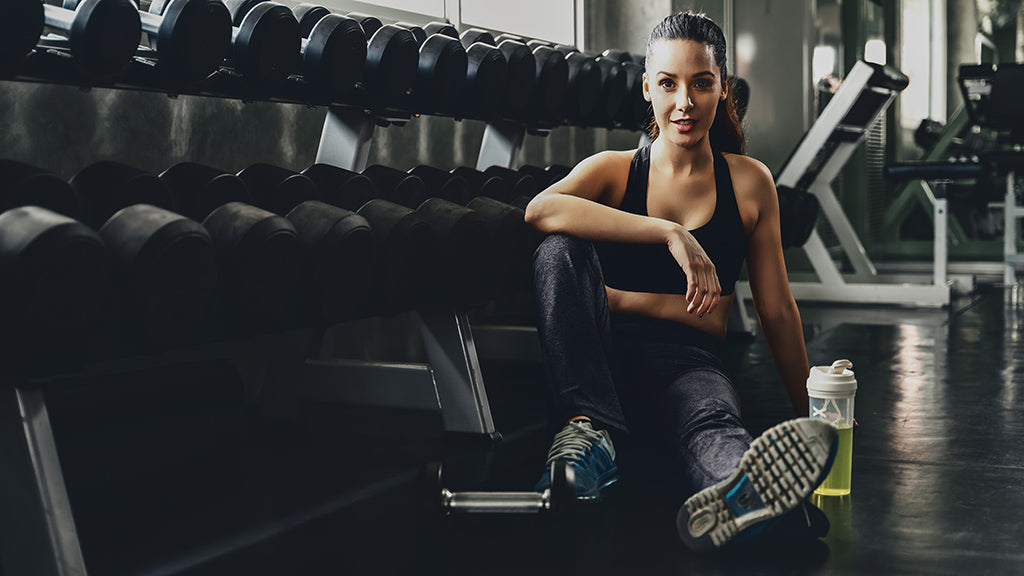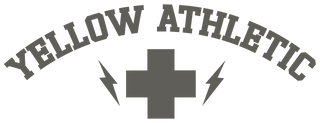
By Dr. Morgan Camp, MD
As athletes push their bodies to the limit, they often experience soreness, inflammation, and fatigue. These symptoms can make it difficult to maintain training schedules and compete at peak performance. While rest and recovery are essential for healing, many athletes turn to various supplements and therapies to enhance their recovery.
One supplement that is gaining popularity among athletes is CBD, which is believed to help with muscle recovery. In this blog post, we'll explore the science behind CBD and muscle recovery.
What is CBD?
CBD, or cannabidiol, is a compound found in the cannabis plant. Unlike THC, another compound found in cannabis, CBD is non-psychoactive and does not produce a high. CBD is believed to interact with the body's endocannabinoid system (See our Blog Post The Endocannabinoid System :What it is, what it does and why you should care)., which plays a role in regulating various physiological processes, including pain and inflammation.
CBD may help with muscle recovery by reducing inflammation
 Inflammation is a natural response to tissue damage, and it plays a crucial role in the healing process. However, chronic inflammation can delay healing and lead to further tissue damage. CBD has been shown to have anti-inflammatory properties, which may help reduce the severity and duration of inflammation.
Inflammation is a natural response to tissue damage, and it plays a crucial role in the healing process. However, chronic inflammation can delay healing and lead to further tissue damage. CBD has been shown to have anti-inflammatory properties, which may help reduce the severity and duration of inflammation.
In a 2015 study published in the European Journal of Pain, researchers found that CBD applied topically to rats with arthritis reduced inflammation and pain without any side effects. A 2019 study published in the Journal of Clinical Medicine found that topical CBD reduced pain and inflammation in patients with knee osteoarthritis.
CBD may help with muscle recovery by reducing pain
Pain is a common symptom of muscle soreness and fatigue, and it can limit an athlete's ability to train and compete. CBD has been shown to have analgesic, or pain-relieving, properties.
In a 2020 study published in the Journal of Pain Research, researchers found that CBD reduced pain and improved sleep in patients with chronic pain conditions. A 2018 review of studies on CBD and pain management published in the journal Frontiers in Pharmacology concluded that CBD is a promising treatment for chronic pain.
CBD may also help with muscle recovery by promoting sleep
Sleep is essential for muscle repair and recovery, and many athletes struggle with sleep disturbances due to pain, anxiety, or other factors. CBD has been shown to have anxiolytic, or anxiety-reducing, properties and may promote relaxation and sleep.
A 2019 study published in The Permanente Journal found that CBD improved sleep and reduced anxiety in patients with anxiety and sleep disorders. A 2018 review of studies on CBD and anxiety published in the journal Current Neuropharmacology concluded that CBD has the potential to be an effective treatment for anxiety disorders.
While the evidence is promising, it's important to note that more research is needed to fully understand the potential benefits of CBD for muscle recovery. CBD is not a magic cure-all, and athletes should still prioritize rest, hydration, and proper nutrition for recovery.
Additionally, athletes should be aware of the potential risks and side effects of CBD. While CBD is generally considered safe, it can interact with certain medications and cause side effects such as dry mouth, drowsiness, and changes in appetite or mood. (See our Blog Post: What are the side effects of CBD and Traditional Pain Medications)
In conclusion, CBD may offer a natural, plant-based solution for athletes looking to enhance their muscle recovery. CBD's anti-inflammatory, analgesic, and anxiolytic properties may help reduce inflammation, pain, and anxiety, which can improve recovery and promote better sleep. However, athletes should be aware of the potential risks and side effects of CBD. As with any supplement or therapy, CBD should be used in conjunction with proper rest, hydration, and nutrition for optimal muscle recovery.

